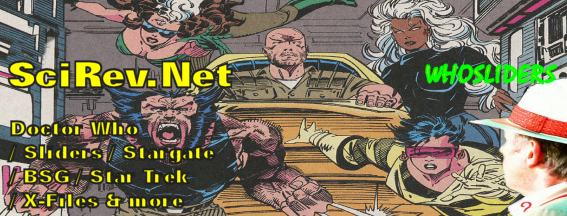What is fanfiction?
It’s when someone takes somebody else’s creation (such as tv, movie or book characters) and invents other fiction using them.
It’s taking the characters for a spin, in ways sometimes that the original authors did not conceive of.
Sometimes we combine characters from more than one show to bring out different contrasts and flavours of stories. This is called a crossover fanfic.
Most authors indeed write fanfic for the sake of it, just because they enjoy a tv show for instance. It’s done just for fun and an homage
to the original works.
There is of course, the good and the bad fics. You must take your pick.
Take the story of King Arthur. It has been retold by different people using the same base characters, in many different ways.
It is the classic example of fanfic. So has Robin Hood, which lately has been made into a movie (for the umpteenth time). In
the latter case it’s a “what if” kind of story – what if Robin was not the son of a nobleman but a common archer named Robin Longstride
who ran con games and was put in stocks for telling King Richard that the Crusades weren’t good.
Some authors do not mind that their characters get used in fanfics – such as Katherine Applegate, James Bow, Suzanne Brockman (she used to write Star Trek fanfiction herself) and Jim Butcher. Author Neil Gaiman also allows fanfiction “because fan fiction is fan fiction. I don’t believe I’ll lose my rights to my characters and books if I allow/fail to prevent/turn a blind eye to people writing say Neverwhere fiction, as long as those people aren’t, say, trying to sell books with my characters in.”
C.S. Lewis himself wrote to a young fan “… why not write stories for yourself to fill up the gaps in Narnian history? I’ve left you plenty of hints – especially where Lucy and the Unicorn are talking…I feel I have done all I can!”
In Japan they have what is called “dojinshi” – fanfic manga published by comic book fanfic authors. These books are often even more popular than the original mangas they are based on, and quite a few are even sold commercially, without the Japanese comic publishers being bothered about it.
